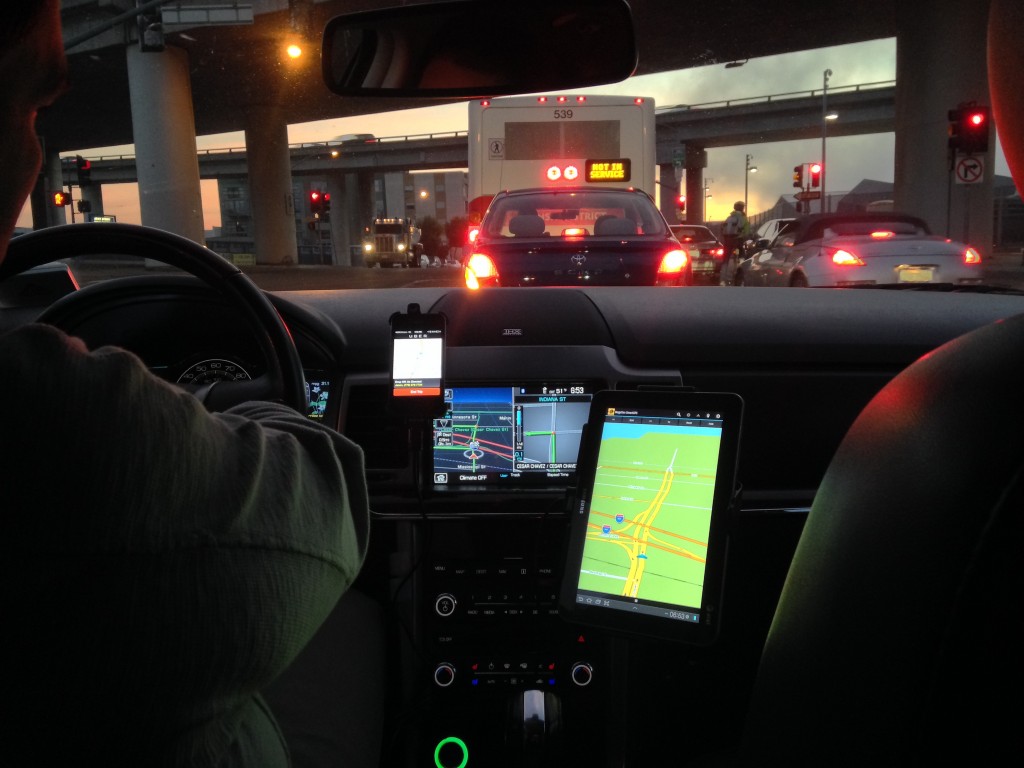
On Wednesday, the state Department of Transportation hosted a public hearing on proposed changes for how Uber, Lyft and other ride-hailing apps are regulated—with a special focus on addressing safety concerns of passengers.
The amendments, as seen below in red, will give the Commonwealth of Massachusetts—and more specifically the Department of Public Utilities—more oversight over how the so-called Transportation Network Companies (TNCs) operate.
“The Department of Transportation feels it is critical to advance these proposed regulations at this time to ensure both public safety and transportation innovation are addressed through proper regulatory and legislative channels,” the transportation department’s spokesman, Mike Verseckes, told BostInno. He added:
The hearing represents the first step in a process that will provide for the regulation of the Transportation Network Company industry in the Commonwealth. The process will also require the passage of legislation and additional regulations which will afford the public additional opportunities to provide comments.
Perhaps most importantly, in light of recent allegations that Uber drivers kidnapped and sexually assaulted passengers, the amendments also establish minimum qualifications for vehicle operators.
In short, the changes would give regulatory powers to the DPU and require Uber, Lyft and other ride-hailing services to maintain appropriate liability insurance. The regs would also require those companies to conduct background checks on drivers – including with the National Sex Offender Registry database – prohibiting them from hiring anyone who’s been convicted of a serious crime.
Uber contends that it already conducts background checks on drivers.
According to the Boston Business Journal, vocal opponents of ride-hailing services at the public hearing on Wednesday were disappointed in the regulatory measures. The BBJ reported that Stephen Regan, spokesman for the Massachusetts Regional Taxi Advocacy Group, called the moves “government at its worst.” Regan added:
“This was all done behind the scenes. Unfortunately, if you do choose to go forward with this you are not serving the commonwealth. This is not government complacency, this is complicity. This is helping out one particular business model at the expense of another.”
Verseckes confirmed with BostInno that the amendments will be filed on Friday and take effect on Friday, Jan. 16; however, the state expects to undertake even more subsequent regulatory changes. The BBJ reported that the DPU, which falls under the Executive Office of Energy and Environmental Affairs, will file its own regulations to focus on the agency’s enforcement of the new rules.
According to the Massachusetts Register, no public hearing has yet been scheduled.
As for the Department of Transportation amendments, the public comment period on the proposed regulations ended Friday at noon, after which the Registry of Motor Vehicles Division will file the amendments.

